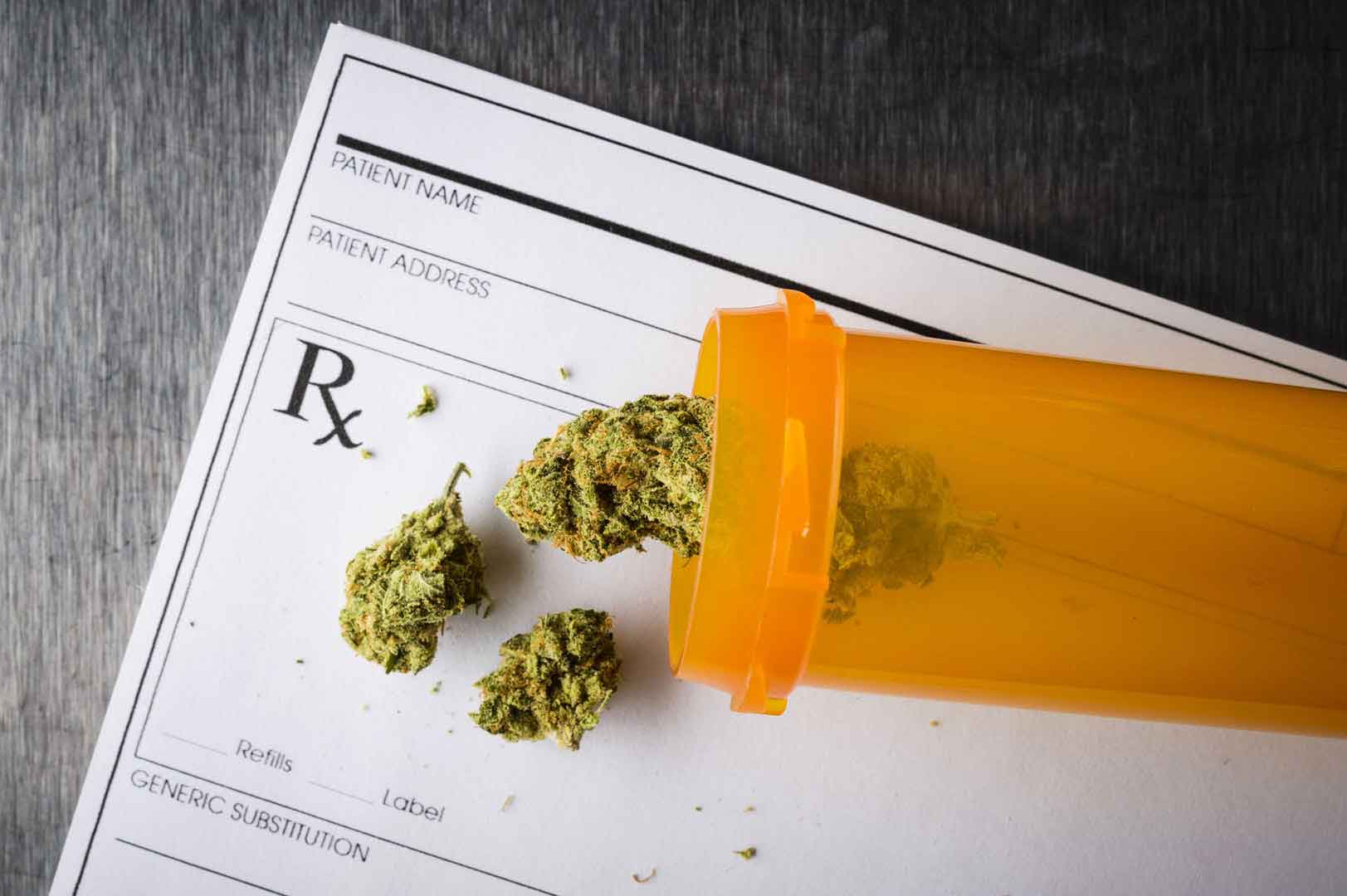According to state law, high-THC marijuana prescribed by a doctor in Florida is prohibited from being consumed in public or on public transportation. Although it is legal to own, it is illegal to use on the open market. The use of low-THC marijuana in public places is permitted. Rule of thumb: avoid any government institutions (including courthouses and tax collector/DMV offices), as well as any companies that receive federal funds (schools and community hospitals)
Legal high-THC marijuana use while driving a car, boat, or plane is prohibited by the law in Florida. Low-THC medications may be prescribed in certain situations.
Your medical marijuana use registration ID card is required if you’re stopped by the police. Always carry your card with you.
Keep in mind that if you transport medical marijuana across state lines, federal law prohibits its ownership and use.
The use of telemedicine or virtual visits to receive medical marijuana is not permitted in the United States .

